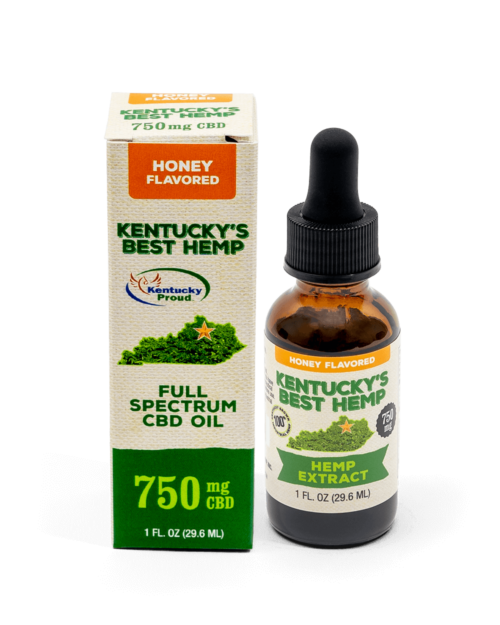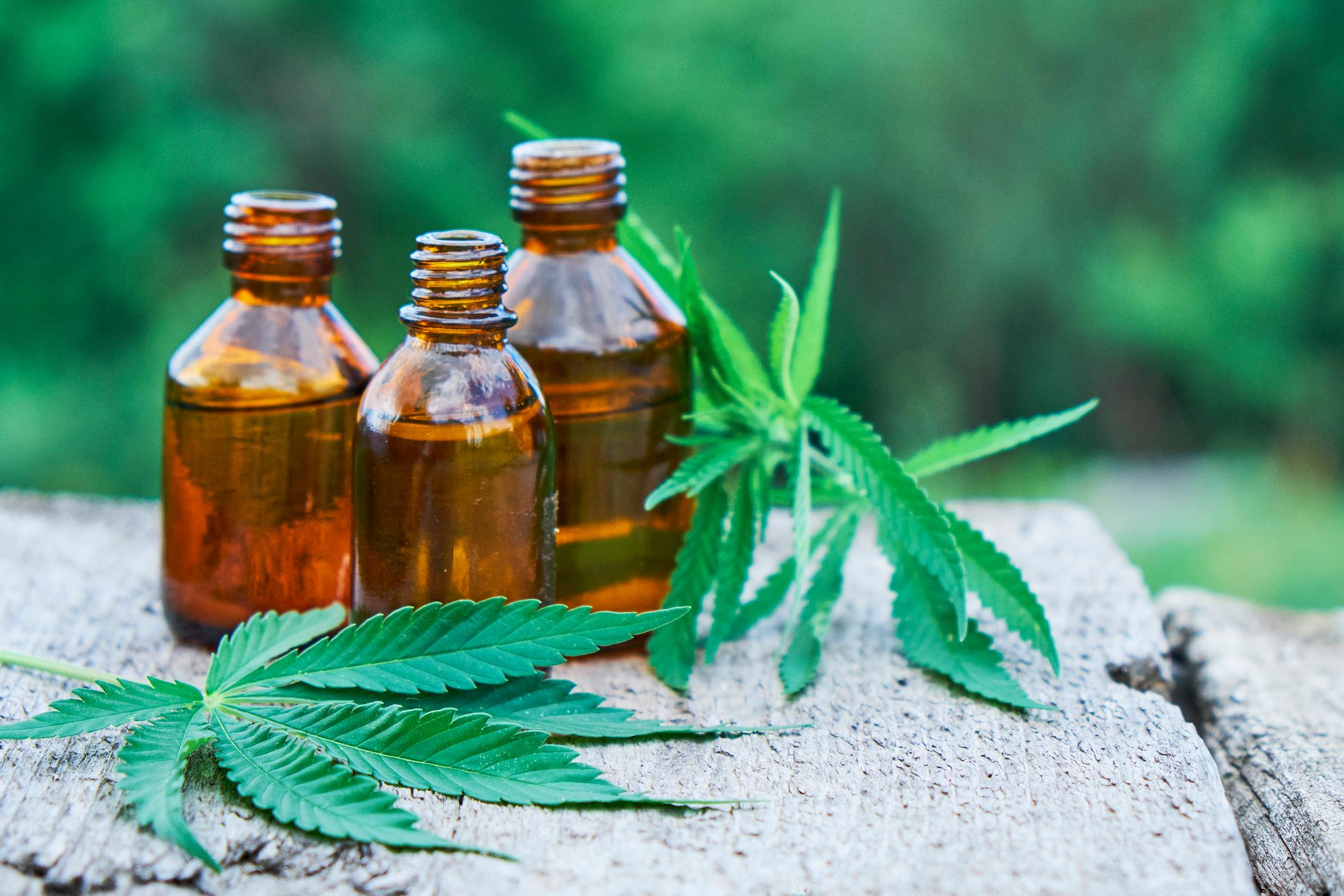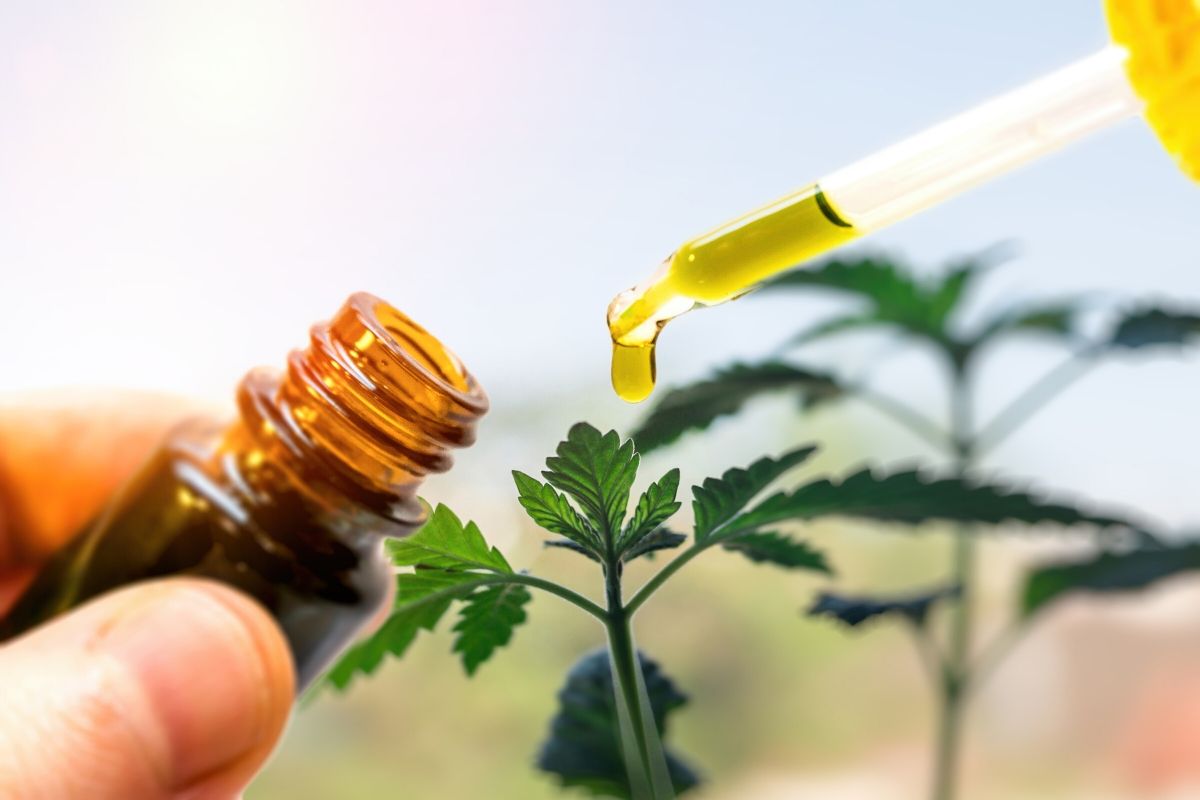
When it comes to cbd products, the FDA and FTC have issued several warning letters about the industry's marketing practices. These letters focused on products with unapproved claims on company websites. They also highlighted certain products as unapproved new drugs and introduced without FDA approval. Curaleaf and Advanced Spine and Pain, LLC, received the letters.
FD&C Act
The FD&C Act regulates the marketing of food and other products. It was passed in order to prevent interstate commerce from selling misbranded or adulterated foods. Subsequently, Congress passed the Federal Food, Drug, and Cosmetic Act, which authorized the FDA to regulate medical products. It also banned misbranding of cosmetics or therapeutic medical devices. The Public Health Service Act, and the Radiation Control For Health and Safety Act were other important laws that were passed in the 20th century.
The FD&C Act also protects consumers by requiring the manufacturer to disclose adverse events. FDA may recall devices made by companies that don't comply with these regulations. The FDA can impose civil sanctions on the company, or even require it to remove the product completely from the market.

Cannabidiol: Pharmacological Activity
Cannabidiol, an important component of cannabis, has many potential clinical uses. Its pharmacological activity has been demonstrated in both animals as well as humans. It is known to have anti-inflammatory and analgesic properties, and is a potential therapy for inflammatory disorders, including pain and inflammation.
Cannabinoids decrease the behavioural response to noxious stimuli both in animal models and humans. Cannabinoids act on CB2-like receptors to cause this effect. These receptors are found in the spinal cord and ventro-posterolateral nucleus of the thalamus.
Safety risk for pets
Despite the positive effects for human health, FDA is still concerned over the safety of CBD products in the hands of food-producing mammals. Despite having not tested CBD products for animal consumption, the FDA has issued numerous warning letters to CBD companies. The FDA has yet to evaluate the safety of CBD products and their interactions with other FDA approved drugs.
FDA safety concerns surrounding CBD in food-producing pets stem from the lack of safety data. FDA expressed concern that CBD-based claims about animal health may lead to owners putting off treatment of their pets. The FDA has not evaluated the safety of CBD for animal food. This means that CBD could be contaminated with pesticides or heavy metals.

Cbd products: regulatory framework
The FDA must develop a clear regulatory framework in order to make decisions about the safety and quality CBD products. This framework should contain an update on the current scientific data, and a roadmap to fill in any gaps. It should require CBD products to be reported to FDA for review. This framework should also provide opportunities for all stakeholders for sharing knowledge.
CBD products are subject to a variety of state and federal laws. CBD products are not yet FDA cleared in many states. Therefore, they are subject to strict regulatory enforcement. There are also ongoing litigations concerning the legality of CBD-derived products. Companies need to follow these laws closely to minimize the risk of a lawsuit.
FAQ
Where can I buy CBD products?
CBD can be purchased online and at local retailers. You will find better deals at online retailers. Many websites sell CBD products made with industrial hemp. The THC content is less than 0.3%.
If you prefer shopping locally, consider brick-and mortar businesses that are focused on CBD products.
Many states now allow CBD products to sold without a prescription. CBD products may be available at your local pharmacy if the state you reside is one of them.
You may even be able to get CBD products delivered directly to your door.
Is CBD growing?
Yes! As legalization spreads throughout North America, this growth is expected continue. This year alone, Canada legalized recreational cannabis use, while several states have passed medical marijuana laws.
This trend will likely continue for at least another decade as more states pass legislation allowing access to medicinal marijuana.
Legalizing marijuana is also a good economic decision. Legalizing pot can provide many benefits, not only for farmers but also for the general public.
It could reduce crime rates, by decreasing illegal drug availability. It could also provide a source of tax revenue for governments.
As legal weed becomes more popular, many people will choose to reduce their alcohol consumption. This would reduce the likelihood of having hangovers. It also means lower healthcare costs.
In addition, marijuana might actually improve the quality of life for those who suffer from chronic pain. Many believe that the active ingredient in marijuana, THC, helps relieve symptoms such as muscle spasms and nausea caused by chemotherapy.
The use of marijuana may be a useful tool in treating mental illness such as anxiety and depression. Some studies have shown that marijuana can treat schizophrenia.
Even though the CBD industry looks promising, there are still many challenges to be overcome.
Can CBD be a part of the future?
Yes. However, it is not because of its medical benefits. Its ability to make people feel better without feeling high is what makes it so attractive.
It doesn't make any difference to your feelings when you use it, making it an ideal alternative to prescription medication.
And as we know from studies, there is a lot of evidence showing that cannabis helps with pain relief, anxiety, depression, insomnia, and many other conditions.
Cannabinoids found in cannabis also interact with the receptors in our brains. This interaction produces feelings of relaxation and well-being.
So if you're interested in using cannabidiol (CBD) oil for health reasons, then it's important to understand what exactly it does and how it affects us.
What's the future for the CBD industry?
The future looks bright for CBD. It's easy for people to get on board with this sector. This market is expanding exponentially with CBD products being purchased globally at a total of $1 billion.
Statista reports that in 2019, global sales of CBD (cannabidiol) are expected to exceed $22.4 Billion. This is an almost 200% increase from 2018!
It is also expected that the CBD market will grow at a compound annual growth of 22.5%. That would translate to approximately $6.8 million in revenue by 2020.
This is good news for both companies that want to enter the CBD market and those who are already in this sector. However, we must be aware that the CBD market is still very much in its infancy and will face some challenges along the way.
Statistics
- The use of these products is likely to become even more widespread if the World Health Organization's recommendation that CBD no longer is scheduled in the international drug control conventions is adopted by the United Nations member states [201]. (ncbi.nlm.nih.gov)
- A recent study [161] also found that in vitro CBD treatment (i.e., ≤ 2 h exposure to 10 μM) induced ~40% vasorelaxation in isolated (pre-constricted) (ncbi.nlm.nih.gov)
- While the primary injury may not be treatable, interventions that attenuate secondary sequelae are likely to be of benefit [203].Only one study (ncbi.nlm.nih.gov)
- OralWhere HED is the human equivalent dose, and Km is a correction factor estimated by dividing the average body mass (BM) of the species (60, 0.020, and 0.150 kg for 11 humans, mice, and rats, respectively) and by its surface area (see: Nair et al. (ncbi.nlm.nih.gov)
- A recent systematic review of human trials also reported that individuals with epilepsy receiving CBD (5–20 mg·kg−1·day−1) were more likely to experience decreased appetite than those receiving placebo (i.e., ~20 vs. 5% of patients) (ncbi.nlm.nih.gov)
External Links
How To
How to promote CBD through social media
Social Media channels such as Facebook, Twitter and Instagram can be used to promote your product.
Social Media Marketing is one the most powerful tools for marketing today. You can connect with prospects and customers at large scale without having to call or send mass emails. The only thing holding you back is your creativity. So tell us, what do you think would be the best solution for YOUR company?
CBD is a Cannabis Sativa extract that has medicinal benefits. There are many types of CBD products. However, there are two main types: isolate and full-spectrum. Isolate is extracted from the hemp plant. Full-spectrum comes from cannabinoids derived from the entire plant.
Full Spectrum CBD Oil comes from the whole plant. Because it contains THC, this makes Full Spectrum CBD Oil legal in certain states. However, if you live in a state where medical marijuana use is illegal, then you cannot get CBD oil with THC because it's classified as a Schedule I drug. Hemp plants do not contain high levels of THC but enough THC that they are still illegal.
For example, if you sell CBD products online, you could advertise on Facebook. But you probably wouldn't want to advertise on Pinterest or YouTube because those platforms aren't always good choices for promoting CBD. Choose the platform that best suits your audience and their preferences. Medium is a great platform to use if you are trying to reach people who read articles more than watch videos.
Your goal should be to attract new customers to your website, and to convert them into paying customers. This requires attracting potential customers' attention and engaging with them. This is possible only if you provide value. When they find value from your content, they will begin to trust you. You will gain their trust and they will become your leads.
The sections below will explain how to set-up and manage Facebook advertising campaigns.
Facebook Advertising Setup :
Open an Ad Account
To create an ad account, follow these steps:
-
Click "Create New Campaign."
-
You can enter a name to help you build your campaign.
-
Select an area to advertise.
-
Pick whether to target particular locations.
-
Set your budget.
-
Click the box next to "Advertising Management."
-
Click "Next Step."
-
Scroll down to choose the layout of your ads.
-
Click the button "Add Tags" to add tags for your campaign.
-
Click "Save" and then click "Continue."
-
Follow these instructions to fill out all fields.
-
Click Continue to proceed
-
Please complete the required information.
-
Click Continue.
-
Click Confirm to review the information.
-
Your account has now been created.
You can now add keywords and targeting options to your ad account.
Targeting Options
Facebook offers four options to target ads, as mentioned above.
Location-Based Targeting:
You can target users based on their location using either city, postal code, region, country, or continent. For example, you can target anyone living within 100 miles of Seattle, Washington.
Demographic targeting:
You have the option of targeting people based upon their age, gender or relationship status.
Interest-Based Targeting:
You can target people based upon their level of interest in your product. If someone is interested in hiking, for example, they can be targeted.
Behavioral Targeting
This is similar to interest-based targeting, except instead of targeting people based on their interests, you are targeting people based on what actions they take. Targeting people who click on your links and visit your website could be an example.
Keywords
Keywords are a key part of any Facebook marketing strategy. They are used to place your ads on Facebook. When creating your ad account, you will be prompted to enter a list of keywords. The number of keywords you can include depends on the size of your ad account.
Keyword Suggestion tool:
It may help to use the keyword suggestion tool located at the bottom right-hand corner of the screen when entering keywords. It allows you to search for keywords similar to your current selection.
Keyword Suggestions:
The suggestions you see after you've entered your keywords will differ depending on the type of targeting that you chose. You'll see different suggestions depending on the type of targeting.
Follow the rest of these prompts to get you first ad published.